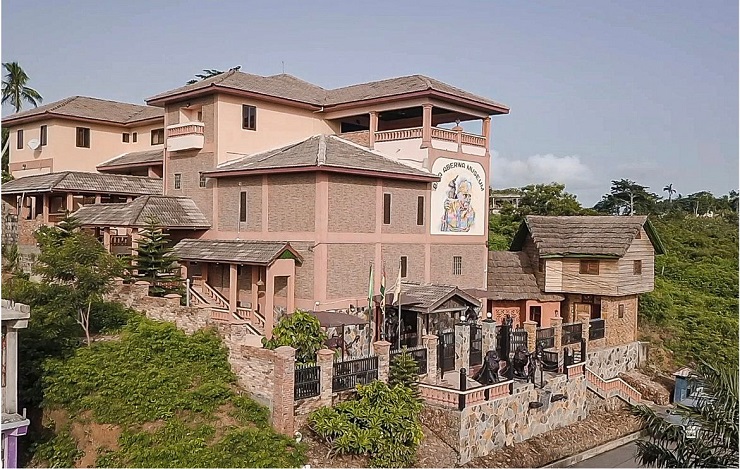
Bisa Aberwa: The art, history house Kwaw Ansah built
When filmmaker and playwright Kwaw Ansah began to contemplate setting up a museum, all manner of concepts flooded his mind.
Should he just pack in relics in the name of culture that can be sold like any other commodity? Should he focus on attracting only a particular kind of clientele or should he go for something of a high global standard that effectively showcases his passion for heritage matters related to Africa and her diaspora?
Advertisement
As he got inundated with more and more ‘should hes’, the man who has overcome many obstacles to assert his rightful place in the world of creativity found himself leaning towards the immense pride and enthusiasm he feels for the arts, culture and history of black people. He decided to establish a museum which would be a reliable centre of cultural orientation and learning, meaningful to local and overseas visitors.
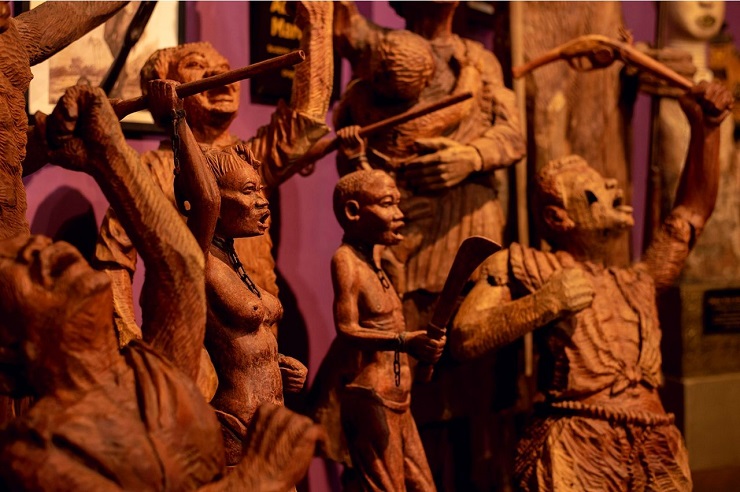
Depiction of Africans who freed themselves from slavery
Bisa Aberwa Museum
That’s how the Bisa Aberwa Museum, located near the Effia Nkwanta Regional Hospital at Sekondi in the Western Region, came into being.
Officially inaugurated on July 28, 2019, the museum prides itself on being a place that recognises and celebrates the achievements of our excellent practitioners in areas such as visual arts, crafts, literature, performance arts, film, music, sports, medicine, science and more.
In many places, museums are often wrongly assumed to be stuffy, uninspiring locations full of relics of the past. It is that sort of perception that Bisa Aberwa has sought to detach itself from. So its three floors and outdoor spaces are filled with the vibrant legacy of past and present achievers, a legacy the museum’s founder sees as important for the development of national and continental pride.
The vast amount of statues and busts are rendered in materials including stone, clay, wood and cement. A chunk of them were made by skilled Ghanaians such as Howard Ebo Awuah, Sulleyman Bambara, Kwame Akoto Bamfo, Gordon Galolo and Kofi Dwenfour, all handpicked and with substantial creative input from Kwaw Ansah.
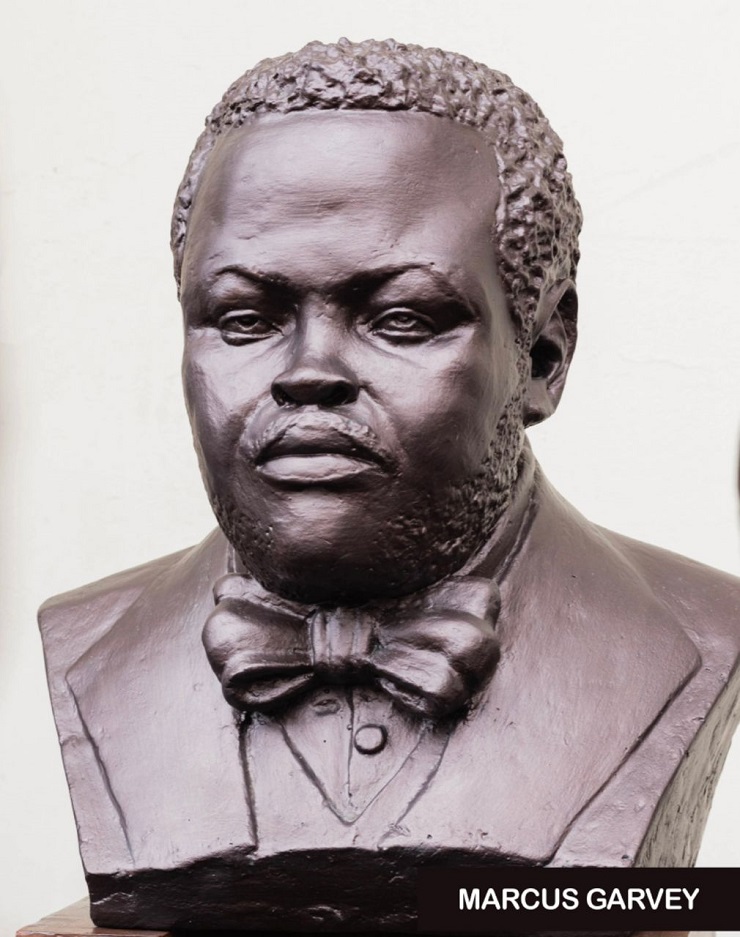
Statues and busts
From the front of the house and carefully curated on the three floors are statues and busts of personalities such as Yaa Asantewaa (Ashanti warrior), Sandema warriors, Ephraim Amu (musician and cultural activist), Mabel Dove (journalist and political activist), Asebu Amenfi (warrior king), Nii Kwabena Bonnie III (traditional ruler and political activist) and Kobina Sekyi (lawyer, politician and writer).
Others include ET Mensah (musician), James Kwegyir Aggrey (intellectual, missionary and teacher), Kwame Nkrumah (politician), Harriet Tubman (slavery abortionist and social activist), WEB Dubois (historian and Pan-Africanist), Marcus Garvey (political activist and entrepreneur), JE Casely Hayford (politician, lawyer and journalist), Sussana Al-Hassan (politician and writer), Miriam Makeba, Fela Anukulapo Kuti and Bob Marley (musicians).
Photographs and accompanying notes, as well as paintings by prominent Ghanaian artists and artefacts collected from places such as Cuba, Burkina Faso, Benin and Ethiopia clearly spell out achievements in different areas of human endeavour.
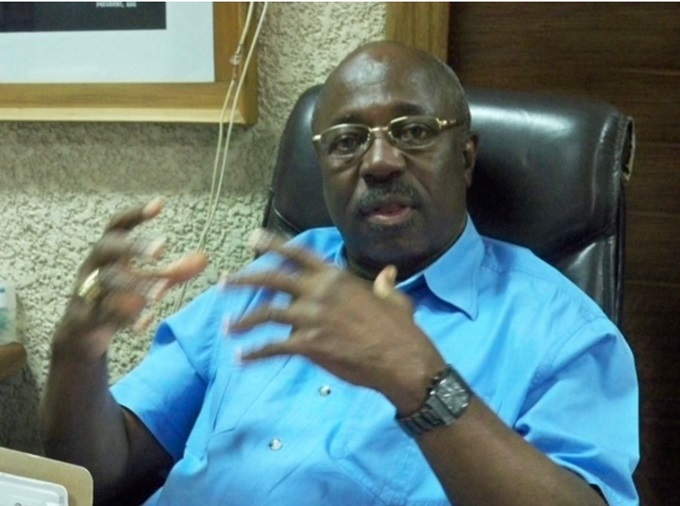
Kwaw Ansah - Founder of the museum
“We have priceless heritage whichever way you look at things. I felt there should be a place where adults would be reminded of that fact and the children would ask questions and be informed of how far we had come. Africans and people of African descent have contributed a lot to this world but history has tried to falsify that fact,” Kwaw Ansah said.
Particularly striking about the Bisa Aberwa Museum is the portrayal of the important role of women in our society. Bisa Aberwa in Fante translates as “ask the old lady”. All over the museum, women are shown as brave, ambitious, intelligent and capable of achieving their dreams. The venue was officially opened by Mrs Rebecca Akufo-Addo.
Kwaw Ansah strongly believes our women are the custodians of history, custom and culture; they are the ones who transfer language and tradition from generation to generation and it is important they are recognised and empowered to keep up the good work they have been doing.
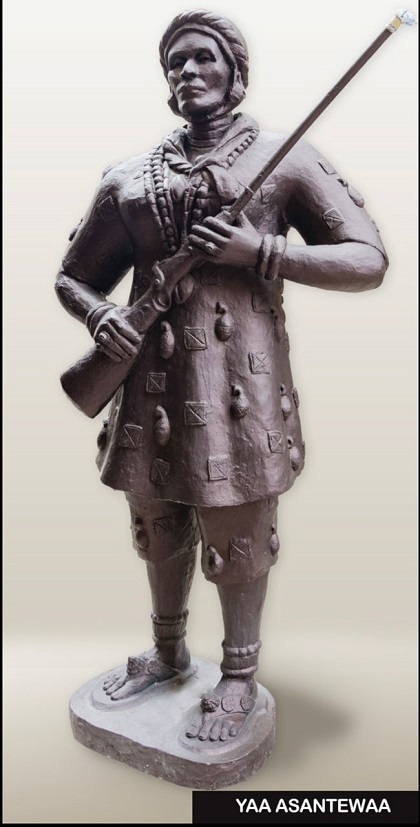
Women empowerment
“We are not gender-blind at Bisa Aberwa. We believe our story must be presented in its entirety because ours is a shared heritage that includes both men and women.
“That’s why we have images and notes on illustrious women such as Queen Yennenga from Burkina Faso, Yaa Asantewaa, Winnie Mandela of South Africa, the first Ghanaian women members of Parliament and writers Ama Ata Aidoo, Chimamanda Ngozi Adichie and more. We wish to empower and inspire young girls through a positive representation of women,” Kwaw Ansah states.
The idea of inspiring young girls highlights how the museum is already engaging with children to help them better appreciate our history. It has established links with the educational authorities in its area of operation and schools go on organised visits.
According to Ms Araba Ghansah, Head of the museum’s tour guides, some children come as part of school packages and get useful insights into the cultural significance of the items in the museum. Some of them get so enthralled by the experience that they later come again with their parents to also know more about black people’s achievements over the years.
Bisa Aberwa does not only offer space for exhibiting statues, busts, paintings, photographs and artefacts. There’s always an interplay between the visual and the aural as visitors get to hear sound bites relevant to the exhibits they encounter. So there’s some difference from the silent displays that exist in many museums elsewhere.
Philosopher, cultural theorist and novelist Kwame Anthony Appiah is frequently quoted as having said that “it is not the past but the way we narrate it is what matters”. What the Bisa Aberwa Museum has set for itself is to be a trustworthy house of art and history for Ghana, Africa and the African diaspora.



